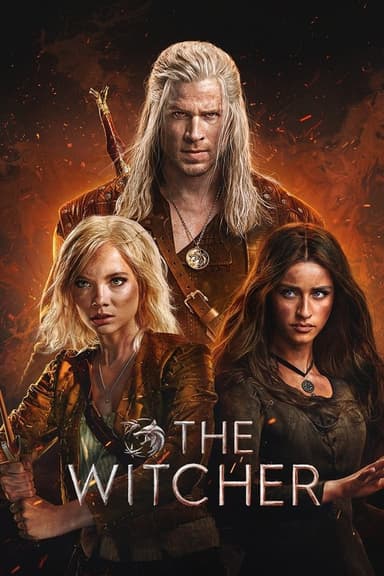
The Legend of the Galactic Heroes: Die Neue These
2018 • Action & Adventure, Animation, Drama, Sci-Fi & Fantasy, War & Politics • TV-MA
Caught in a 150-year-long war, interstellar nations reach the pinnacle of strategic combat at the hands of two genius leaders. Reinhard of the Galactic Empire, and Yang of the Free Planets Alliance lead the charge from opposing fronts. Fighting is their destiny, but in this vast universe torn by political intrigue, their greatest enemy may not be each other.
Why you should read the novel
The original Legend of the Galactic Heroes novels by Yoshiki Tanaka possess a literary richness that the visual medium cannot fully capture. The books delve deeper into the intricate motivations behind each character's actions, providing philosophical nuance and context that fans of political dramas will deeply appreciate. Reading the novels allows you to immerse yourself in a complex universe where every decision has weight and every character serves a purpose within the grand tapestry of war and society.
While the anime offers breathtaking visuals and stirring soundtracks, it inevitably condenses and streamlines key plot points for time and pacing considerations. In contrast, the novels unravel the story at a more contemplative pace, affording you the space to reflect on its moral dilemmas and the shifting tides of loyalty and power. Yoshiki Tanaka's prose also conveys the internal struggles and personalities that shape this interstellar saga, letting readers form a deeper understanding of its protagonists.
Experiencing the story through the novels not only grants access to material omitted from screen adaptations, but also connects you more intimately with the narrative’s philosophical underpinnings. The books offer thought-provoking commentary on politics, history, and humanity's place in the cosmos—a dimension sometimes glossed over in adaptations. For lovers of thoughtful science fiction, the novels are an indispensable experience beyond the allure of animation.
Adaptation differences
One significant difference between The Legend of the Galactic Heroes: Die Neue These anime and Yoshiki Tanaka's novels is the approach to storytelling and pacing. The anime, due to time and episode constraints, must streamline or summarize key plot events, sometimes omitting side stories, historical context, or inner monologues found in the books. This naturally affects the depth at which worldbuilding and political intricacies are explored.
The novels contain a more elaborate depiction of internal thought processes, offering detailed perspectives from a variety of characters, including schemers and side actors whose actions ripple across the narrative. The anime focuses primarily on key players like Reinhard and Yang, occasionally sacrificing the rich ensemble cast that the novels develop extensively. Additionally, Tanaka’s prose often provides extended philosophical commentary on the tides of history and governance, a nuance that the visual adaptation usually conveys through brief dialogue or narration.
Visual elements also create differences in tone and emphasis. The anime employs modern animation to depict climatic battles and dramatic confrontations, which can make space warfare seem more spectacular but sometimes overshadows the subtlety of strategic thinking described in the novels. What might be a chapter-long psychological chess match in print becomes a few minutes of onscreen tension, shifting the focus toward dynamic visuals over intellectual suspense.
Lastly, adaptation choices reflect contemporary audience sensibilities, in both characterization and thematic focus. Some characters are given altered personalities or motivations to fit the narrative flow of the anime, and certain ethically ambiguous decisions are softened or reframed for modern viewers. This occasionally alters the moral complexity and ambiguity that set the original novels apart, giving the adaptation a slightly different emotional and philosophical resonance.
The Legend of the Galactic Heroes: Die Neue These inspired from
Legend of the Galactic Heroes
by Yoshiki Tanaka











